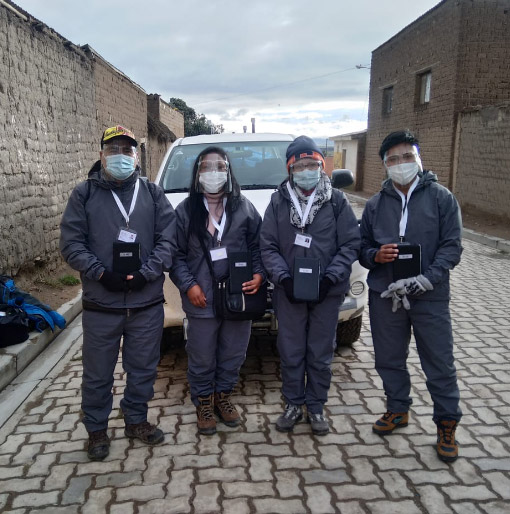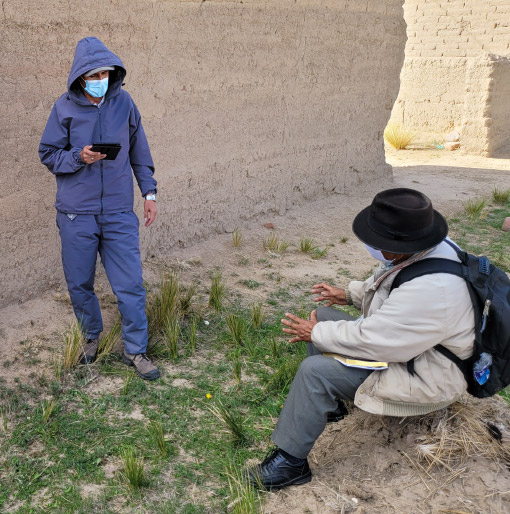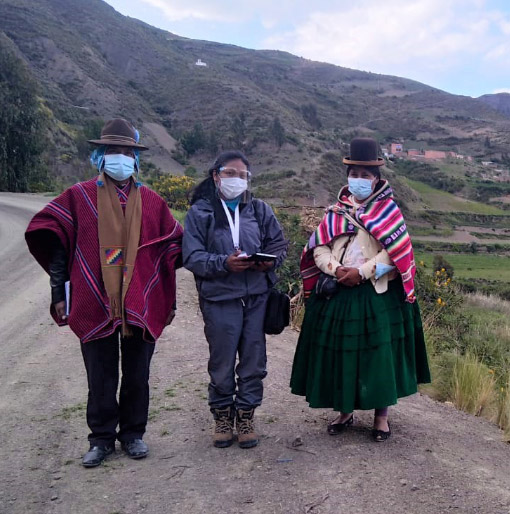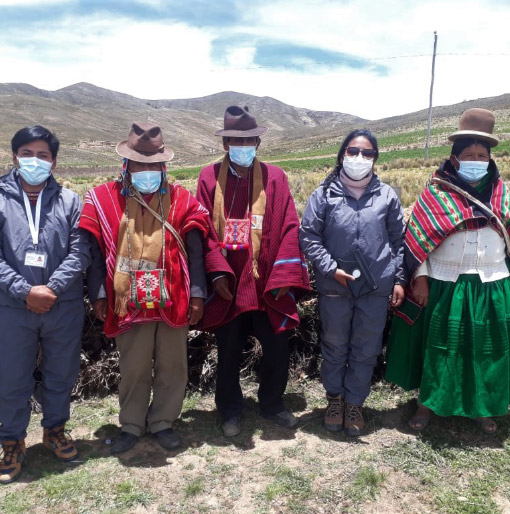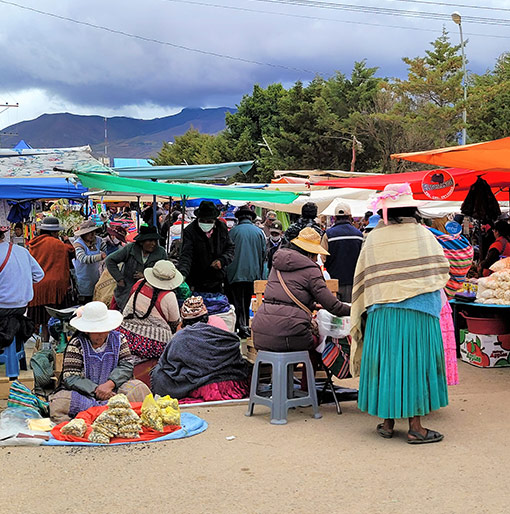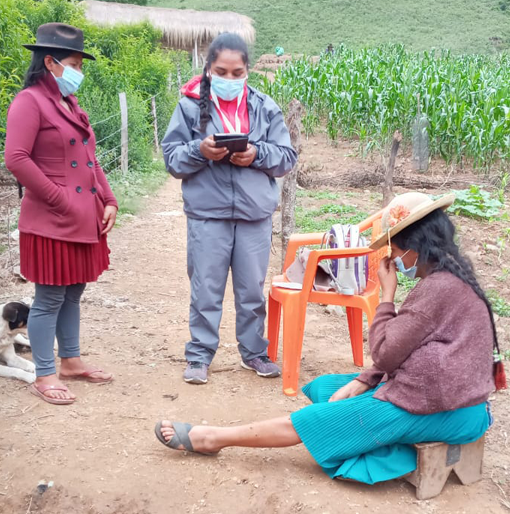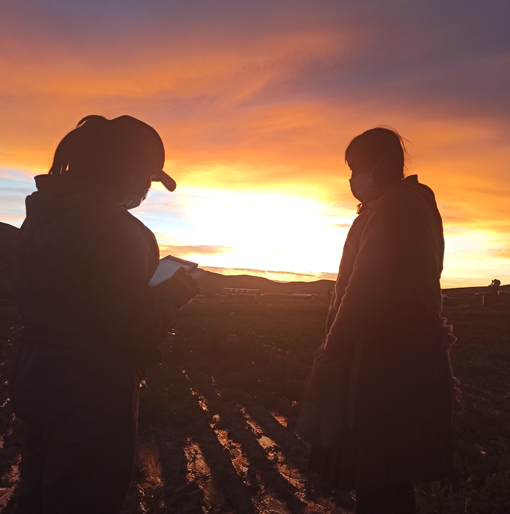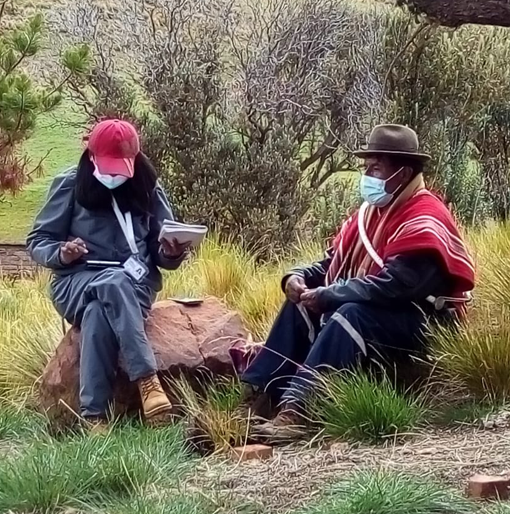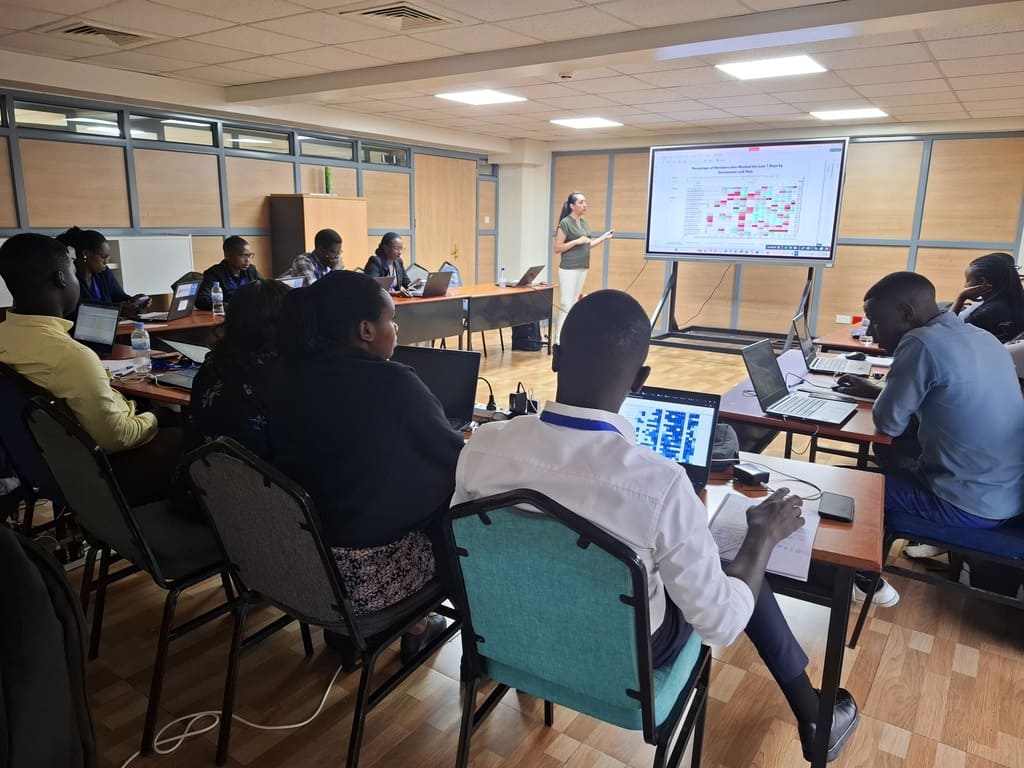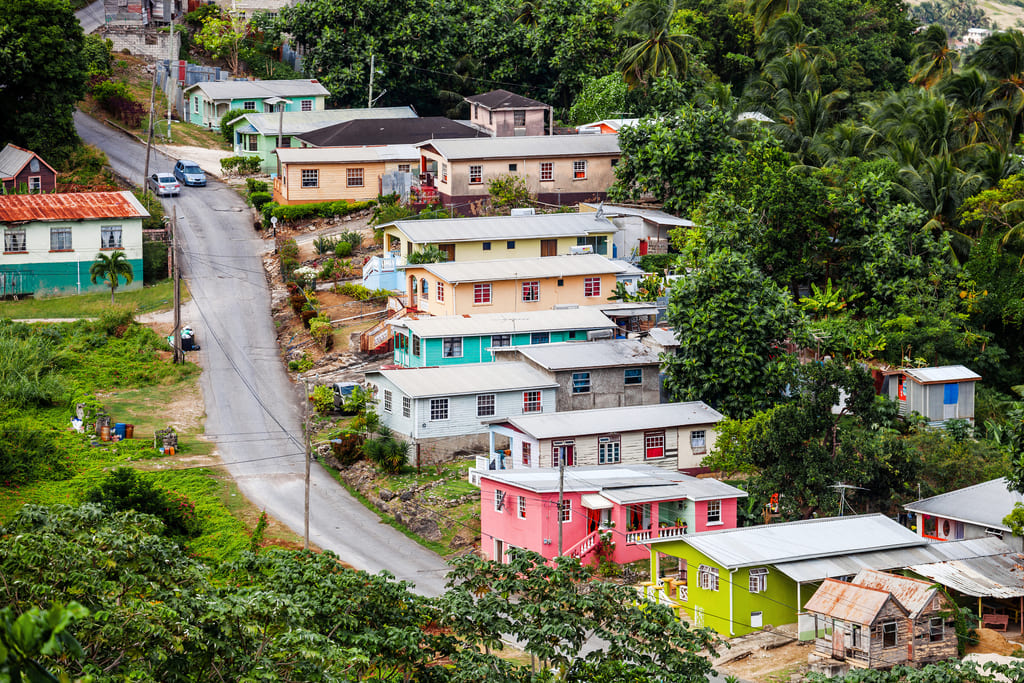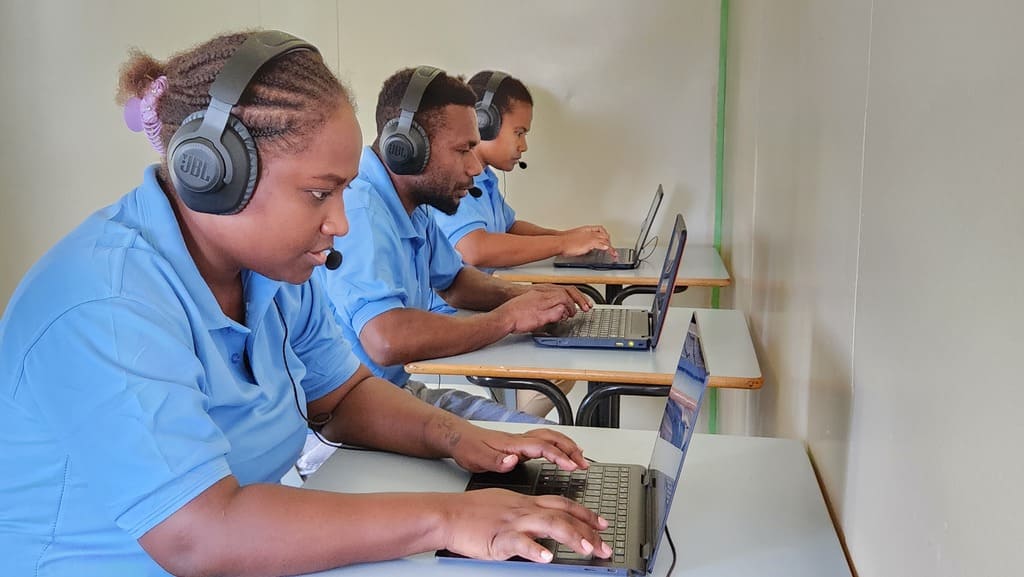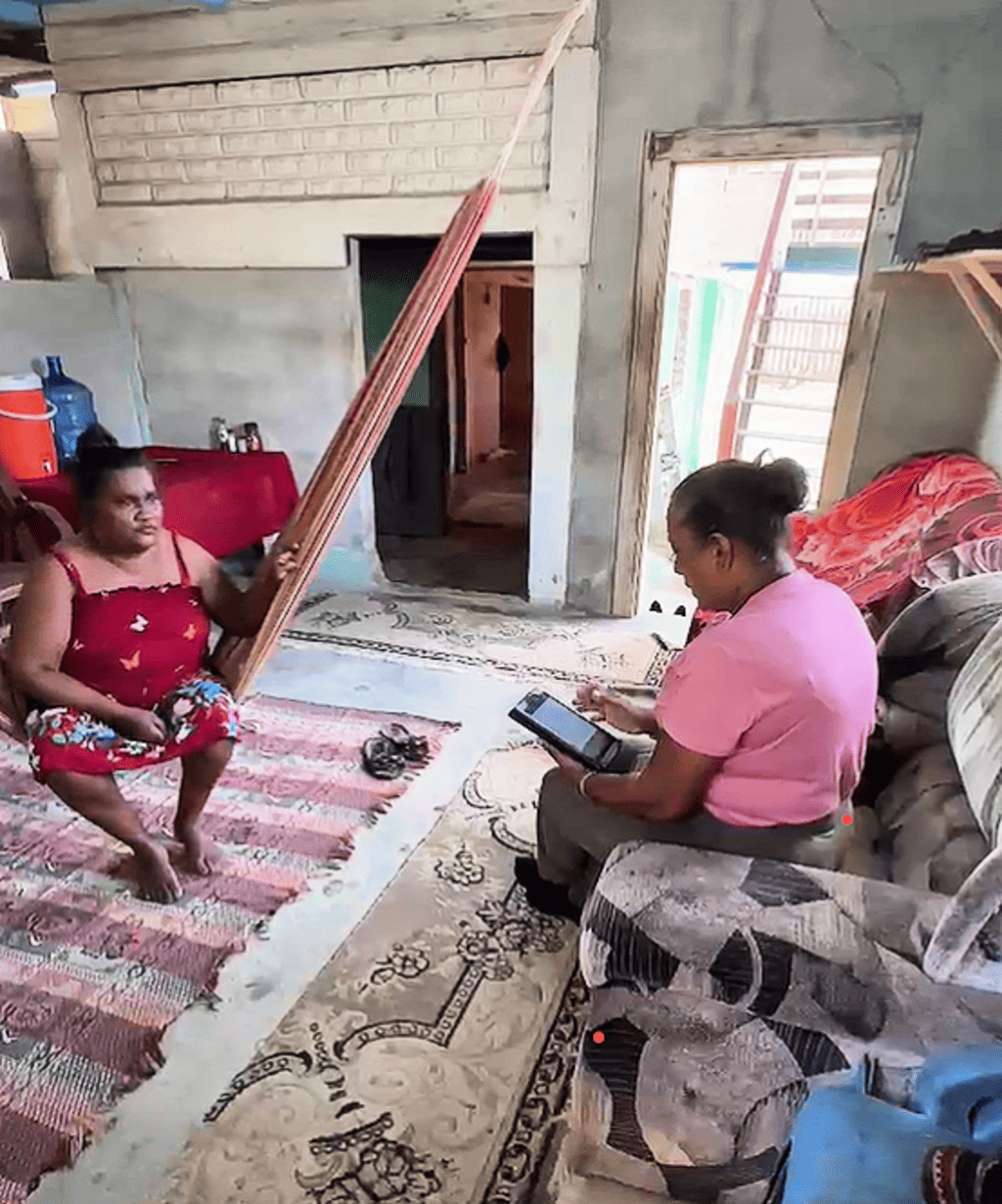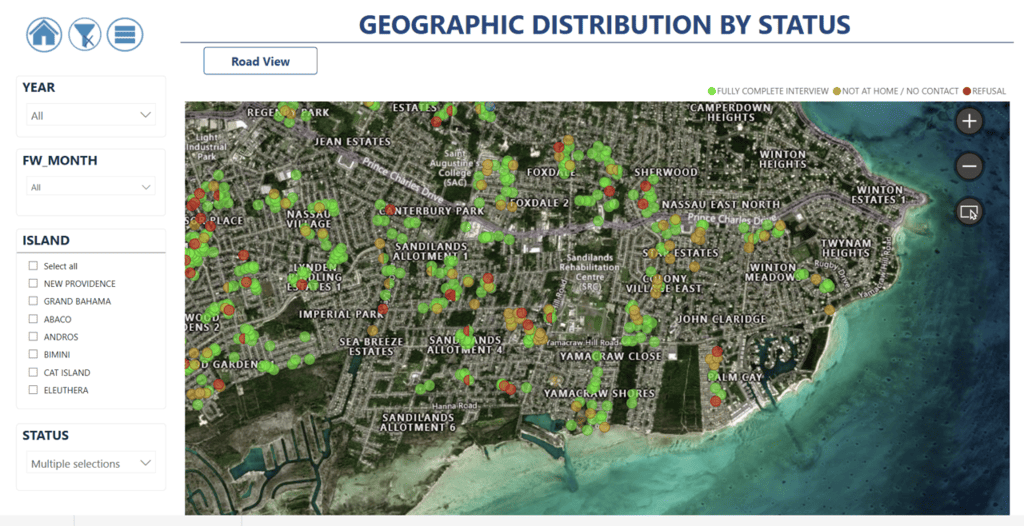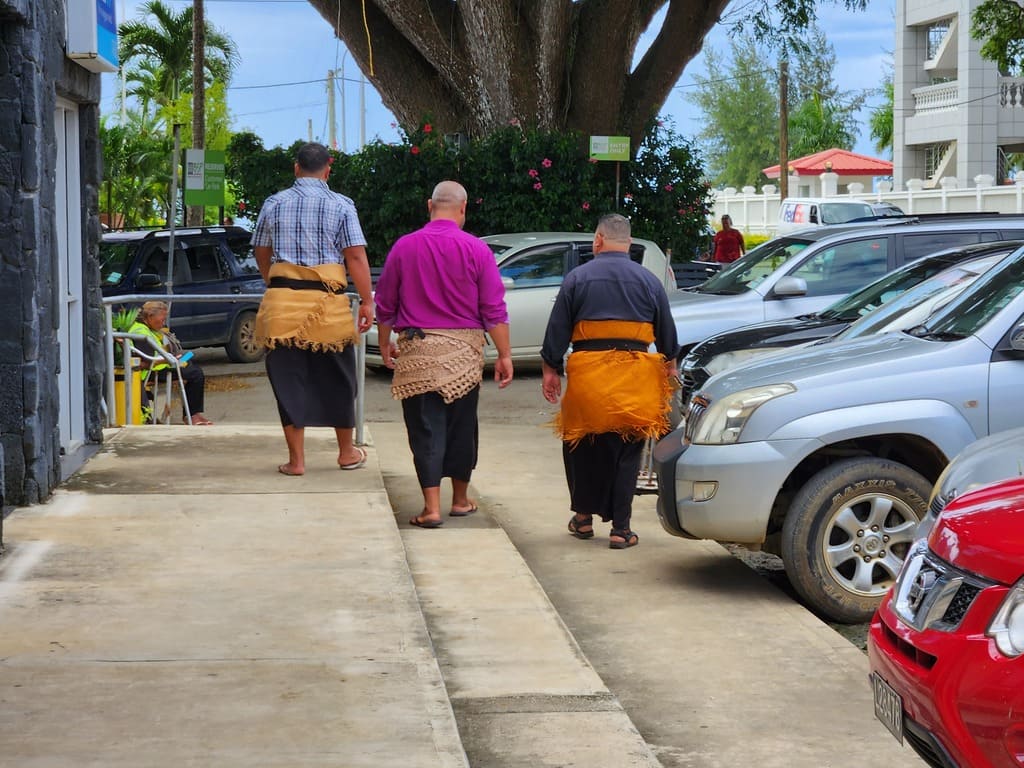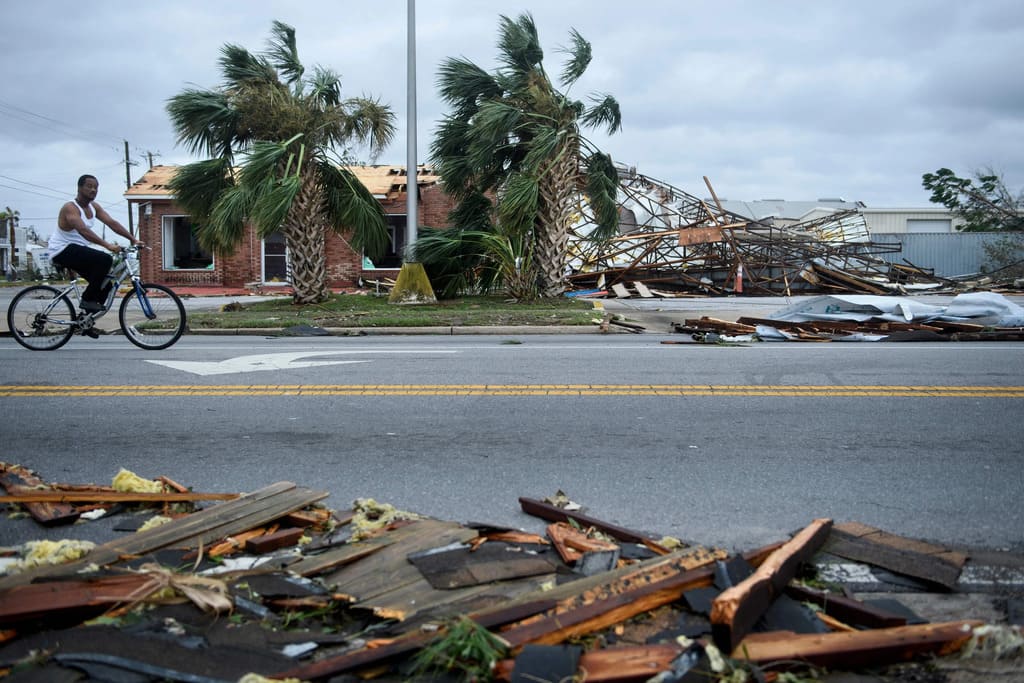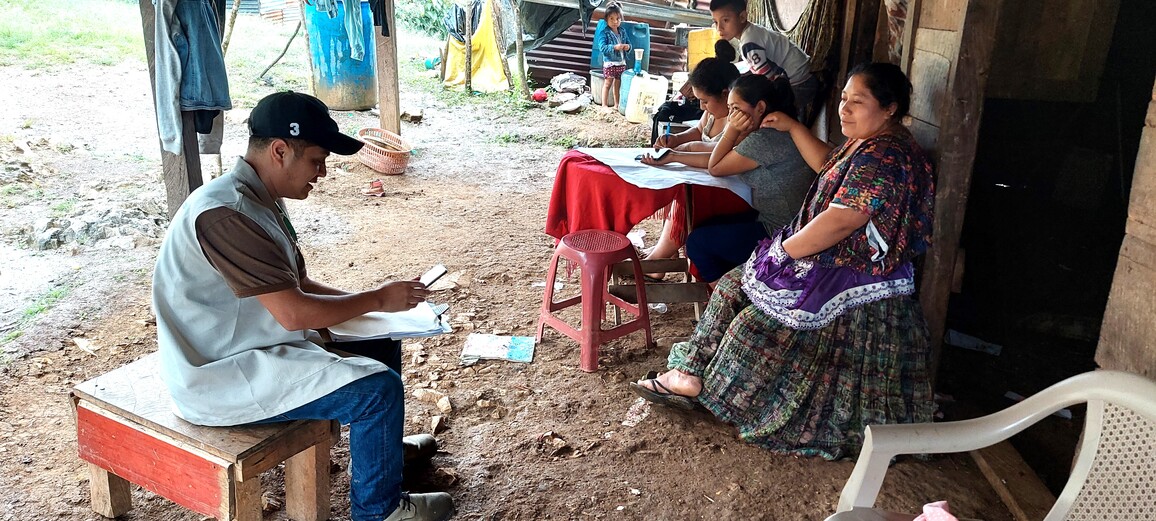In the midst of the COVID-19 pandemic, Parstats carried out a face-to-face household survey for the impact assessment of the Economic Inclusion Program for Families and Rural Communities in the Territory of Plurinational State of Bolivia (ACCESOS), financed by the International Fund for Agricultural Development (IFAD).
The survey interviewed nearly 3,000 households, plus 250 community leaders across 250 communities nationwide. The questionnaires included detailed agricultural, livestock and fisheries modules, as well as other income-related topics such as employment and household enterprises. The survey used the CSEntry application for computer-assisted personal interviewing (CAPI) and employed thirty interviewers and ten supervisors over four weeks. Parstats applied its expertise in multiple ways:
- Reviewed the sample design of control communities.
- Adapted the instruments to the Bolivian context and translated them into Spanish.
- Programmed the questionnaire in CSEntry.
- Conducted the pre-test, field test and interviewer training.
- Managed fieldwork, including implementing a comprehensive quality control system based on randomized audio supervision and online monitoring of aggregate quality indicators.
Given the continuing COVID-19 pandemic, Parstats put in place rigorous security protocols to protect the health of respondents and survey staff. Some of them are listed here:
- Instructive materials about COVID-19 were turned over to all survey staff.
- The interviewer training was held online to avoid crowding and prevent contagion.
- The survey staff was PCR-tested two days before the fieldwork launch. Those who tested positive were automatically excluded.
- It was mandatory to use masks, face shields, latex gloves and protective suits throughout the entire field period.
- Interviewers had to wash their hands or use hand sanitizer before and after every interview.
- Interviewers were required to keep social distance, not shake hands, or have any physical contact with any respondent.
- Interviewers were barred from accepting any refreshments.
- Vehicles were disinfected twice a day and no strangers were allowed in.
- Interviewers who had a high temperature, a cough, or any other COVID-19 symptoms were mandated to self-quarantine and were monitored.



